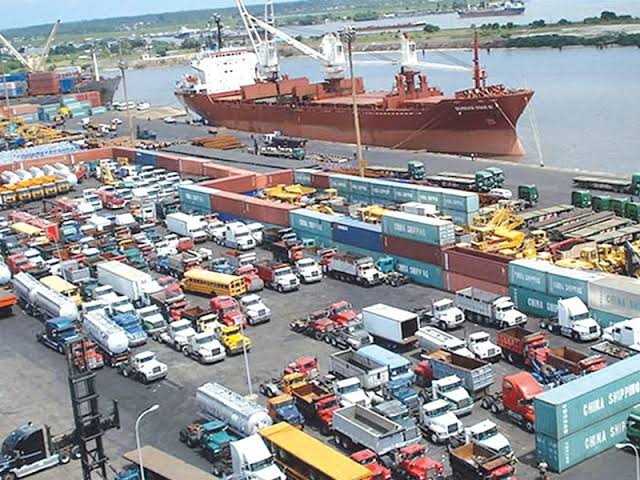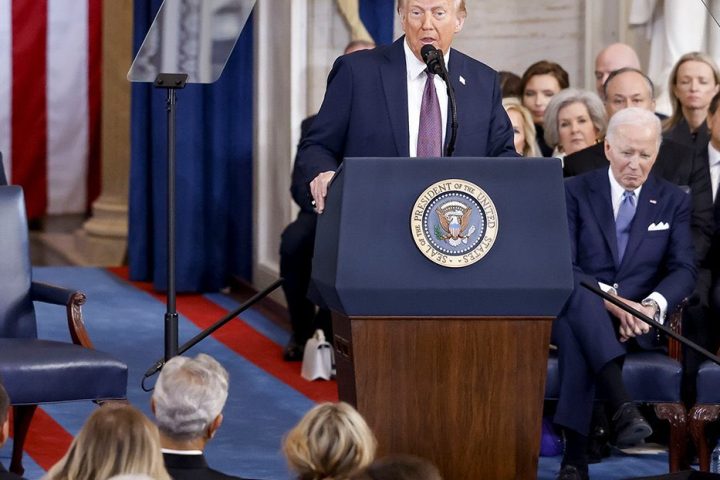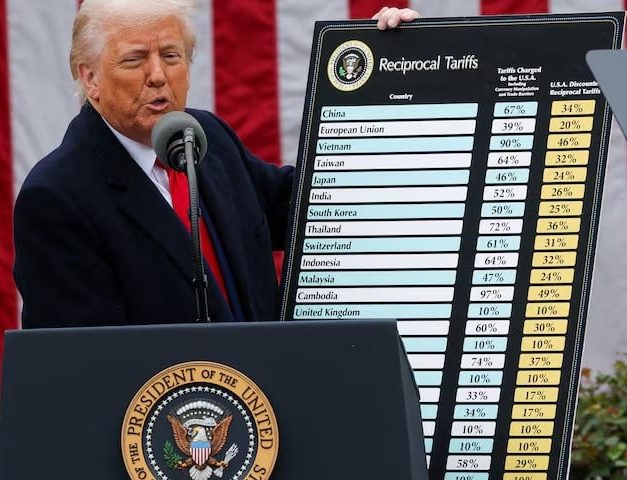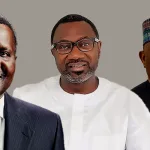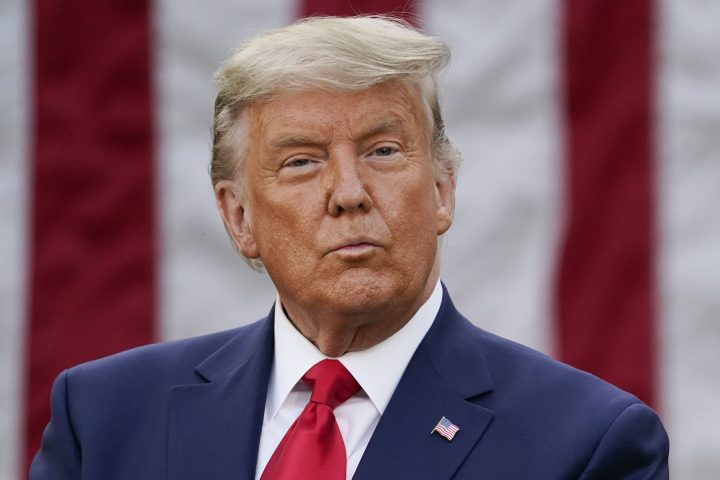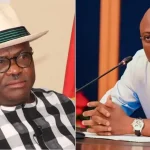Nigeria’s over-reliance on the Lagos Port Complex for exports and imports is a strategic vulnerability that demands urgent attention. With 94% of exports and 76% of imports passing through this single port, the country’s economy is precarious. The lack of dredging and inadequate infrastructure in other ports, such as Calabar and Warri, exacerbates this problem.
This concentration of federal investment in strategic logistics in one region has created a logistical and infrastructure monopoly, with far-reaching implications for the economy and security. The recent approval of $45m for a feasibility study on a rail route linking four seaports in the western region is a step in the right direction, but more needs to be done to link other ports to the hinterlands.
Join our WhatsApp ChannelREAD ALSO: South-east Nigeria’s Gas Pipeline Exclusion: A Legacy Of Marginalisation
Mr Eugene Anulobi, a Nigerian lawyer, in a conversation with Prime Business Africa, said Nigeria’s failure to “democratize” its ports infrastructure for a more liberal economic growth and development “could explode in very unforeseen ways, and could catch the nation unawares.”
“But I wish to add (that) the new terminology, Blue Economy, was never discussed before President (Bola Ahmed) Tinubu put it into action. In the Constitution, Section 2(2) ,”Nigeria shall be a federation consisting of States and a Federal Capital Territory”. Section 3(2),” Each State of Nigeria named in the first column of Part 1 of the First Schedule to this Constitution shall consist of the area shown opposite thereto in the second column of that Schedule.” It is conceded that, by Treaties, an Exclusive Economic Zone has been added to the areas described in the Constitution. That apart, there is no part of Nigeria that does not form part of a State,and for that matter, a local government. If therefore,we are a federation, as constituted in the Constitution, Tinubu’s Blue Economy, as currently understood, has certainly trenched into States and LGs without legal clarification! What FG intends to do with this terminology/Ministry may run counter to our federal principles. Regulation/taxing of fishing, movements, investments, etcetera, demolition of structures. The federal government is, under the Constitution, runs, regulates PORTS properly so called. But the new Blue Economy is not coterminous with Ports. The issues here are legion. It even appears to some people that, it’s all an attempt to corner these hitherto untapped resources…”
To address this challenge, the government must prioritise a comprehensive overhaul of the country’s port infrastructure. This begins with dredging and upgrading the infrastructure in other ports, particularly in Calabar and Warri. By doing so, Nigeria can unlock the economic potential of these regions and reduce the burden on the Lagos Port Complex.
READ ALSO: Expert Faults Govt’s Plan To Build Another Seaport In Lagos As Calabar Port Rots
The government should also focus on linking these ports to the standard gauge rail line, promoting economic development across all regions. This will not only enhance the efficiency of port operations but also stimulate economic growth in the surrounding areas. By connecting the southeastern region to the standard gauge rail line, Nigeria can tap into the economic potential of this region and reduce the country’s reliance on the Lagos Port Complex.
In addition, the government must prioritise federal investment in strategic logistics across Nigeria, rather than concentrating it in one region. This will ensure that all regions have access to world-class logistics infrastructure, promoting economic development and reducing inequality.
READ ALSO: Calls For Seaport Decentralisation Increase As Citizens Highlight Benefits To Economy
Ultimately, the government should develop a comprehensive national logistics plan that addresses the country’s strategic infrastructure needs. This plan should prioritise the development of a multi-modal transportation system that integrates ports, rail, and road networks, enhancing the efficiency and competitiveness of Nigeria’s logistics sector.
By taking these steps, Nigeria can break the logistical and infrastructure monopoly, promote economic development across all regions, and ensure that the country’s economy is more resilient and competitive.
Dr Mbamalu is a Jefferson Fellow, member of the Nigerian Guild of Editors (NGE), communications/Media Consultant and Publisher, Prime Business Africa.
Email: marcelmbamalu2@gmail.com
+2348094000017
Dr. Marcel Mbamalu is a communication scholar, journalist and entrepreneur. He holds a Ph.D in Mass Communication from the University of Nigeria, Nsukka and is the Chief Executive Officer Newstide Publications, the publishers of Prime Business Africa.
A seasoned journalist, he horned his journalism skills at The Guardian Newspaper, rising to the position of News Editor at the flagship of the Nigerian press. He has garnered multidisciplinary experience in marketing communication, public relations and media research, helping clients to deliver bespoke campaigns within Nigeria and across Africa.
He has built an expansive network in the media and has served as a media trainer for World Health Organisation (WHO) at various times in Northeast Nigeria. He has attended numerous media trainings, including the Bloomberg Financial Journalism Training and Reuters/AfDB training on Effective Coverage of Infrastructural Development of Africa.
A versatile media expert, he won the Jefferson Fellowship in 2023 as the sole Africa representative on the program. Dr Mbamalu was part of a global media team that covered the 2020 United State’s Presidential election. As Africa's sole representative in the 2023 Jefferson Fellowships, Dr Mbamalu was selected to tour the United States and Asia (Japan and Hong Kong) as part of a 12-man global team of journalists on a travel grant to report on inclusion, income gaps and migration issues between the US and Asia.

